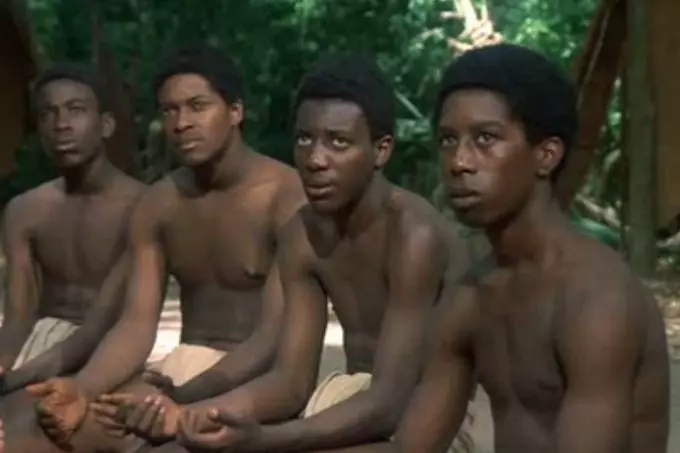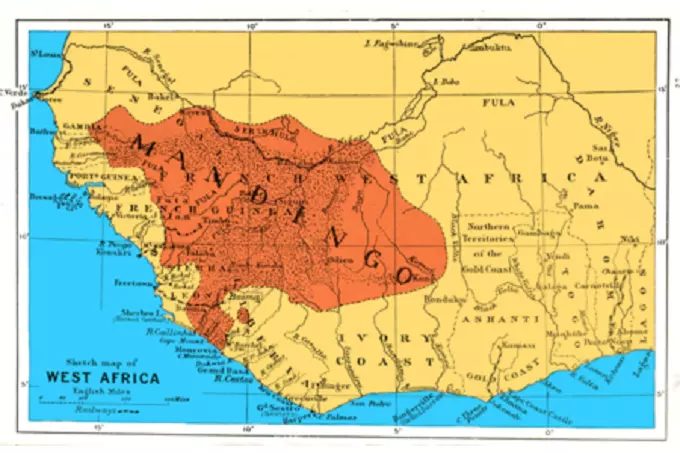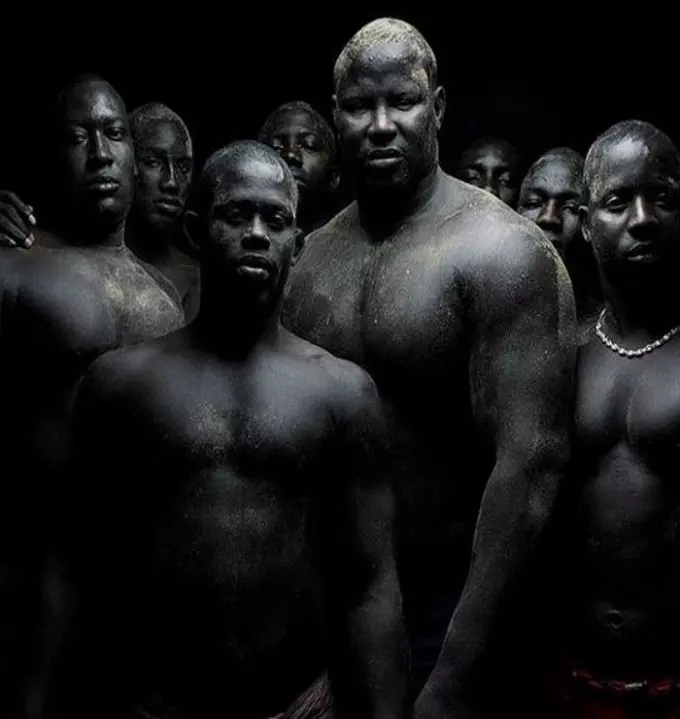Facts about the Mandinka (Mandingo) tribe of West Africa

The Mandinka or Mandingo people are a West African tribe that traces their ancestry back to the Mali Empire. King Sundiata Keita’s reign was essential in this kingdom’s expansion and success.
Not only is the Mandingo tribe the most populous and ubiquitous in Western Africa at the present time, but it is also the most influential ethnolinguistic group. The Mande, Dyula, Bozo, and Bambara are some of the numerous subtribes that are a part of this larger tribe.
Historians believe that the tribe settled in the interior of West Africa after migrating into the region from the western bank of the Niger River. They were the first people to settle in the area that would later become the city of Djenne-Jeno. This movement occurred due to the tribe’s desire to extend its territory and its need for additional agricultural land that was rich in fertility.

When the old Mandingo tribe wanted to lay their claim to the territory, they came across the troops of the Kingdom of Fouta Djallon. After moving to their new location, almost all of the people of the tribe eventually became Muslims. They didn’t put up any fight when it came to converting to Islam and abandoning their beliefs.
Prior to the introduction of slavery, the tribe had a peaceful and harmonious existence. The Europeans who traveled to West Africa in search of someone to subjugate were satisfied with the members of the Mandingo tribe since they had the trait of subservience.
The members of the Mandingo tribe were sent as slaves to a wide variety of nations and continents, including the New World, beginning at the beginning of the 16th century and continuing until the 18th century. This would explain why there is a sizeable Mandingo tribal presence in the United States today.
The majority of the tribe’s members may be found living in modern-day West Africa, namely in the nations of Gambia, Guinea, Mali, Senegal, Cote d’Ivoire, Liberia, Burkina Faso, Niger, Chad, Guinea-Bissau, and Mauritania.
The members of the tribe still place a strong emphasis on their families and want the freedom to make their own decisions. Agriculture is still a significant part of their economy, and they cultivate rice, groundnuts, and millet as commercial crops.

On the other hand, the members of the tribe are also skilled in a variety of other trades and vocations, such as slaughtering, tailoring, driving, and construction.
The nature of the culture is patriarchal, and an older member of the community serves as the chieftain of the tribe. Most of the time, Mandingo women stay at home to care for their families and do not contribute financially to the household.




